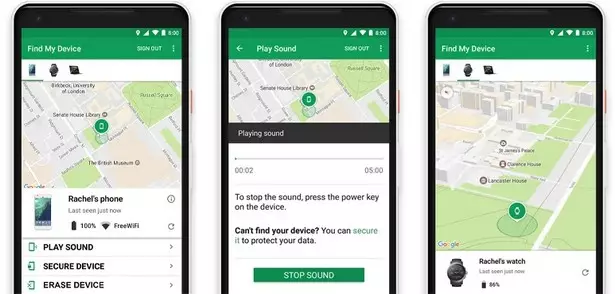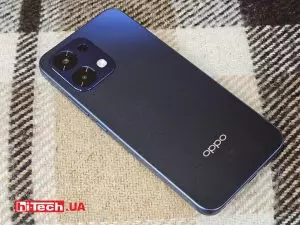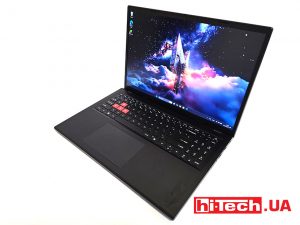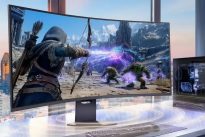Google Find My Device will be able to find even turned off Android smartphones and tablets
12.04.24
Google recently officially launched its new device search feature, Find My Device, after an extensive testing period. Offering basic features similar to those available from Apple and Tile, the service allows users to track the location of their compatible Android devices, including phones and tablets.
Using the application, users can make the device they are looking for ring for easier searching, and its location will be displayed on the map, even if the device is out of range of the Internet. Even powered off devices, such as the Pixel 8 and Pixel 8 Pro smartphones, will be visible on the map, even if their batteries are completely drained.
The Find My Device network offers enhanced ways to help Android users find lost or stolen devices, and will soon expand the list of supported devices. In May, Bluetooth tracker tags from Chipolo and Pebblebee will be connected to the app, allowing users to find any item, including car keys, wallets and even lost pets.
Additionally, Google Find My Device integrates with Nest smart home devices, allowing you to locate lost items inside your home using location relative to installed Nest devices.
Google Find My Device tracking technology works on devices running Android 9 and newer.
Don't miss interesting news
Subscribe to our channels and read announcements of high-tech news, tes
Oppo A6 Pro smartphone review: ambitious

Creating new mid-range smartphones is no easy task. Manufacturers have to balance performance, camera capabilities, displays, and the overall cost impact of each component. How the new Oppo A6 Pro balances these factors is discussed in our review.
Acer Nitro Lite 16 (NL16-71G) laptop review: versatile and attractive

The 2025 Acer Nitro Lite 16 features an interesting case design, gaming accents, and proven components. Let’s take a closer look at its features.
Meta will buy AMD AI processors for $100 billion AMD artificial intelligence Facebook server
As part of the agreements, Mark Zuckerberg’s company plans to purchase AMD MI450 artificial intelligence accelerators for its data centers over five years.
LG UltraGear evo (52G930B-B) – 52-inch gaming monitor for $2,000 games LG monitor
The color gamut of the LG UltraGear evo (52G930B-B) monitor is stated at 95% DCI-P3—sufficient for both gaming and basic color work.


